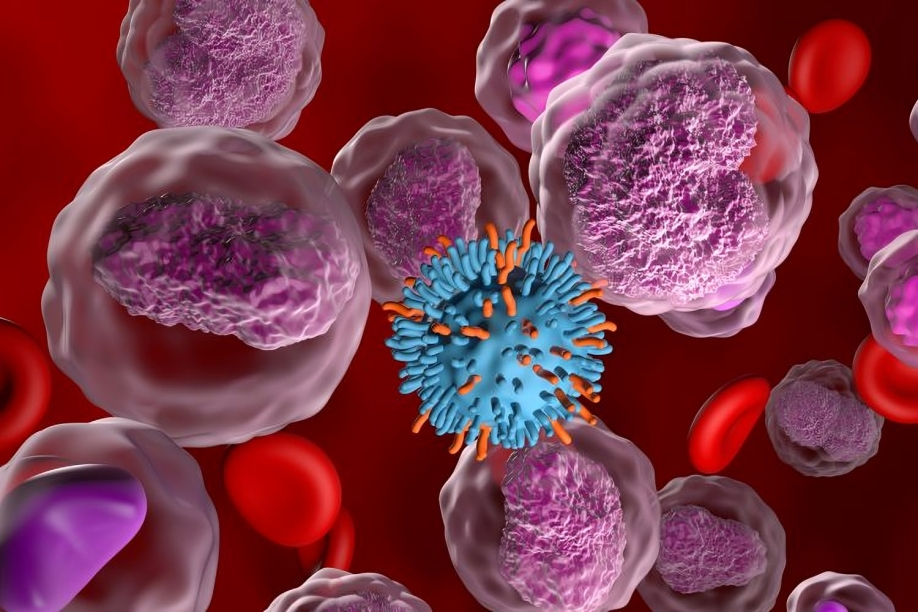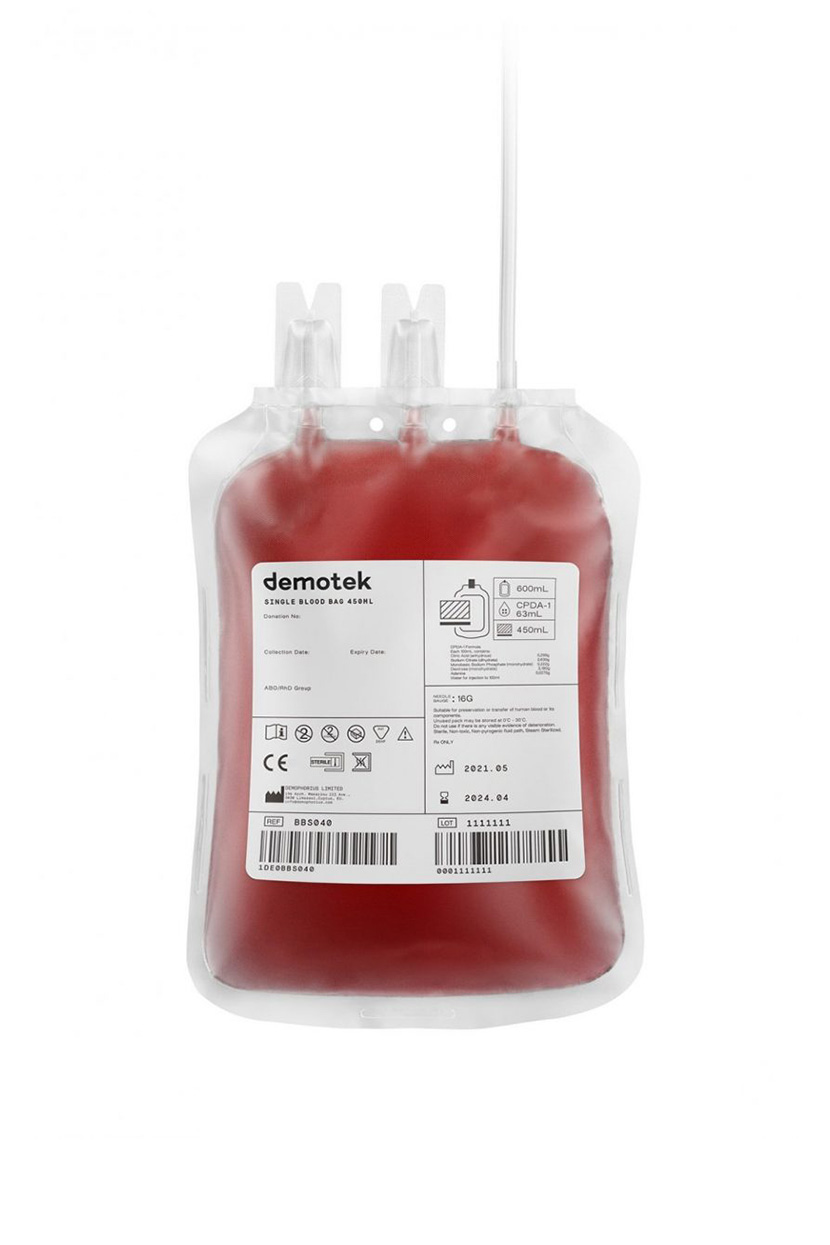Low Rates of Late-Onset CAR T-Cell–Related CRS/ICANS Support Shorter AE Monitoring Periods

Dr. Olalekan O. Oluwole, has presented research findings showing that patients with large B-cell lymphoma (LBCL) may not require prolonged hospital monitoring following axi-cel infusion. The study found that late-onset cases of cytokine release syndrome (CRS) and immune effector cell-associated neurotoxicity syndrome (ICANS) are rare, supporting the possibility of shorter hospital stays without compromising patient safety.
CAR T-Cell Therapy and the Need for Monitoring
CAR T-cell therapy, particularly with axicabtagene ciloleucel (axi-cel), has become a highly effective treatment for LBCL. However, due to the risk of severe side effects like CRS and ICANS, patients have traditionally undergone extended hospitalization for monitoring. The latest research suggests that this approach may not be necessary for all patients, as most serious toxicities occur early in treatment.
Key Research Findings
According to Dr. Oluwole, the study shows that delayed-onset CRS and ICANS are uncommon, meaning that many patients could be safely discharged earlier than current protocols dictate. This could lead to more efficient use of healthcare resources, reduced costs, and improved patient quality of life.
What This Means for Patient Care
With this new evidence, treatment centers may begin reconsidering standard monitoring guidelines for LBCL patients receiving axi-cel. A shift toward shorter hospital stays could enhance patient experience while maintaining high safety standards. Outpatient monitoring may also become a viable alternative for certain lower-risk patients.
As further research is conducted, these findings could significantly influence the future of CAR T-cell therapy protocols.



